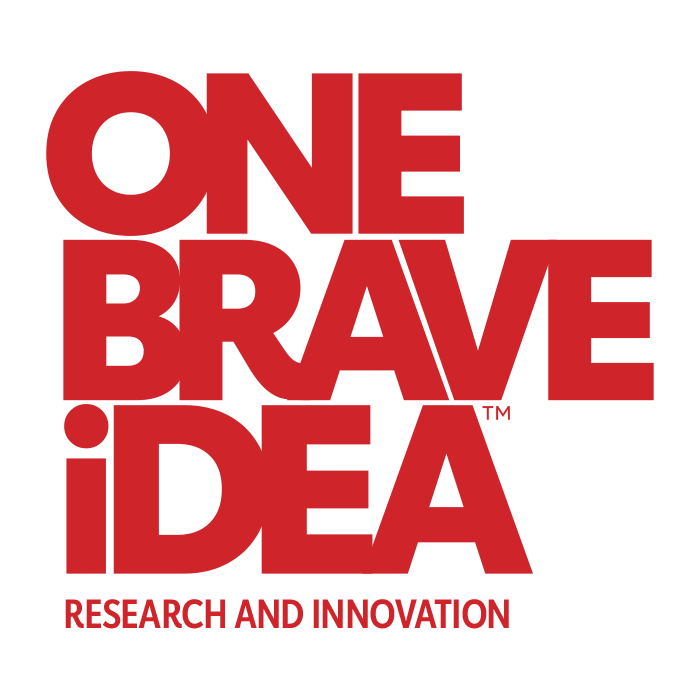Approach Overview
While we have learned a great deal from traditional research cohorts—studies that focus on the same group of patients annually, over many years—a theme that runs through One Brave Idea is an effort to change the culture around CHD research, breaking down the barriers that traditionally separate patient care, research, and the lives of individuals and families. These efforts include:
